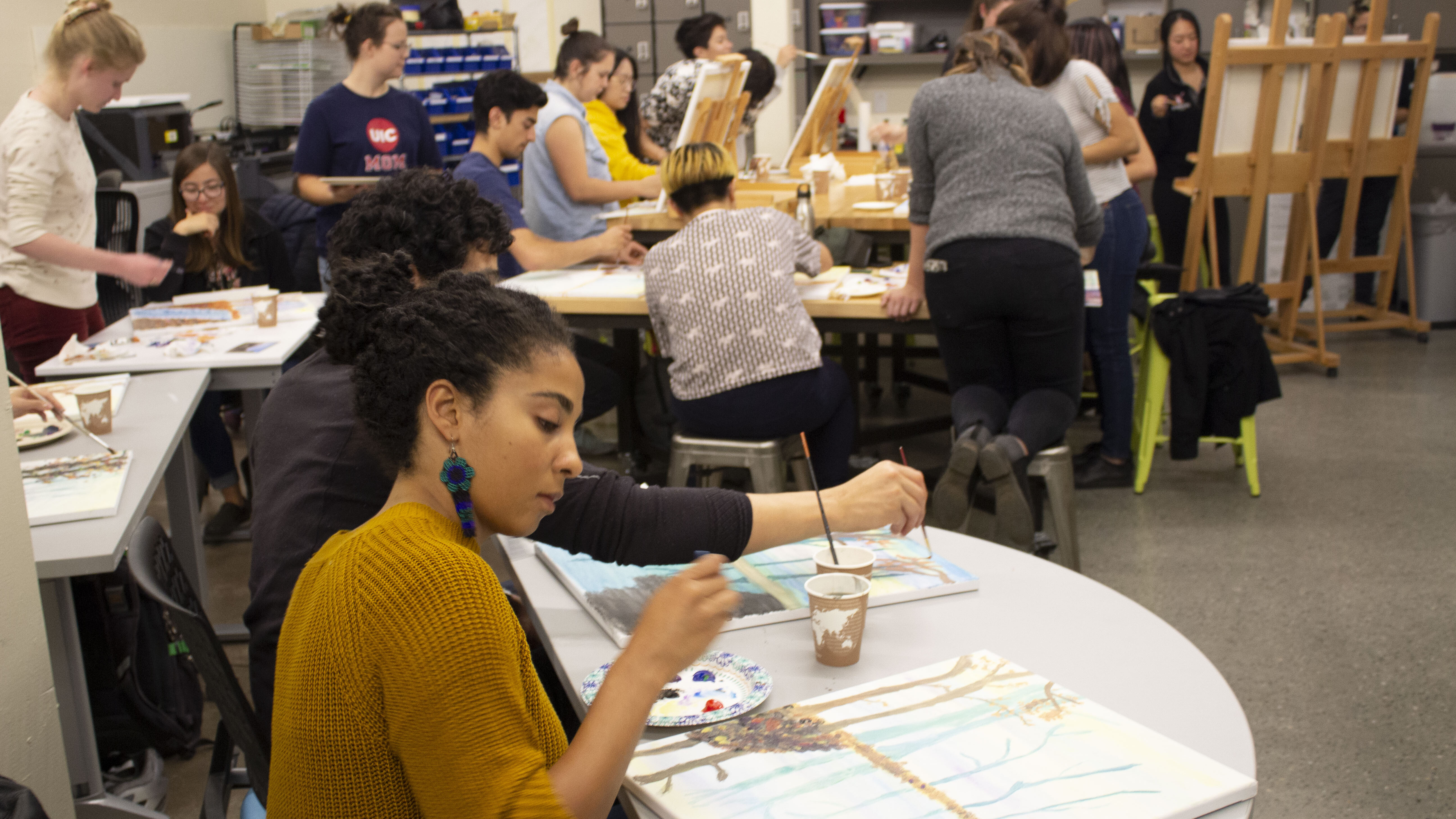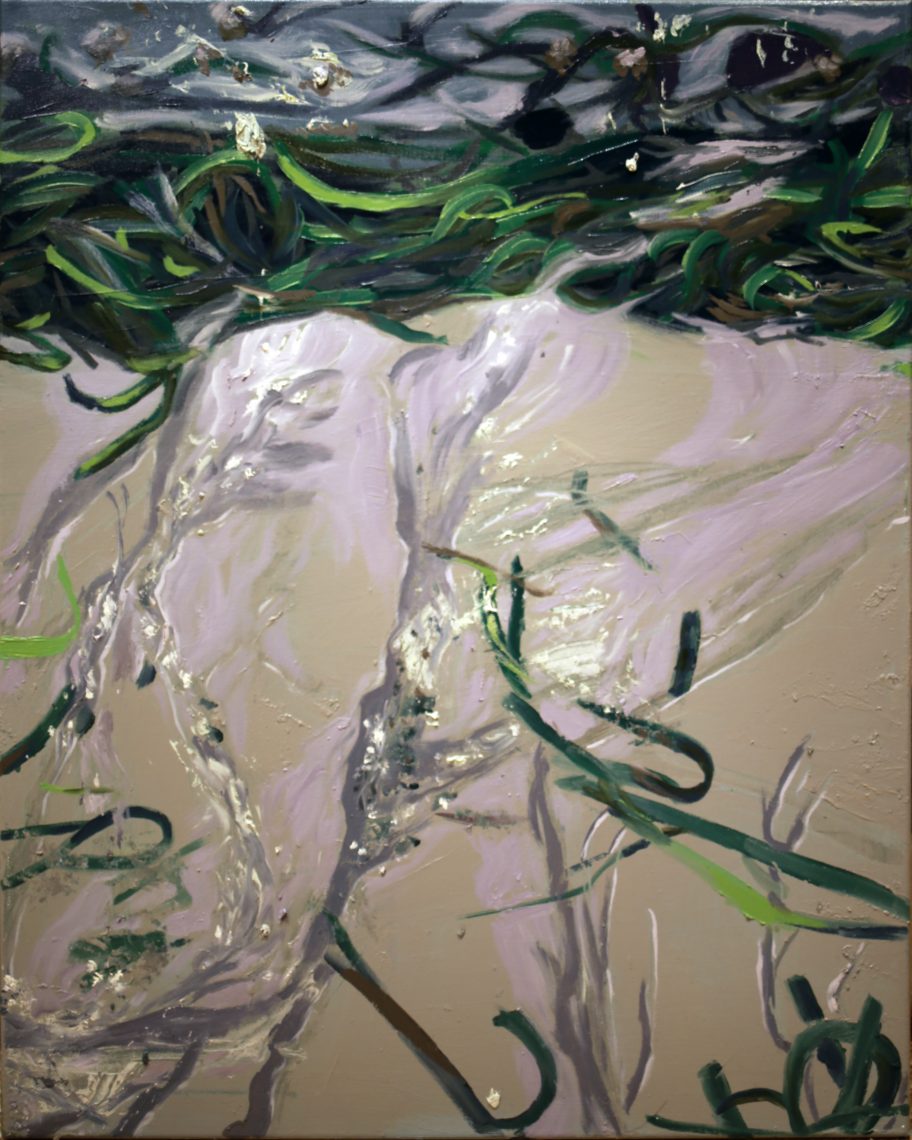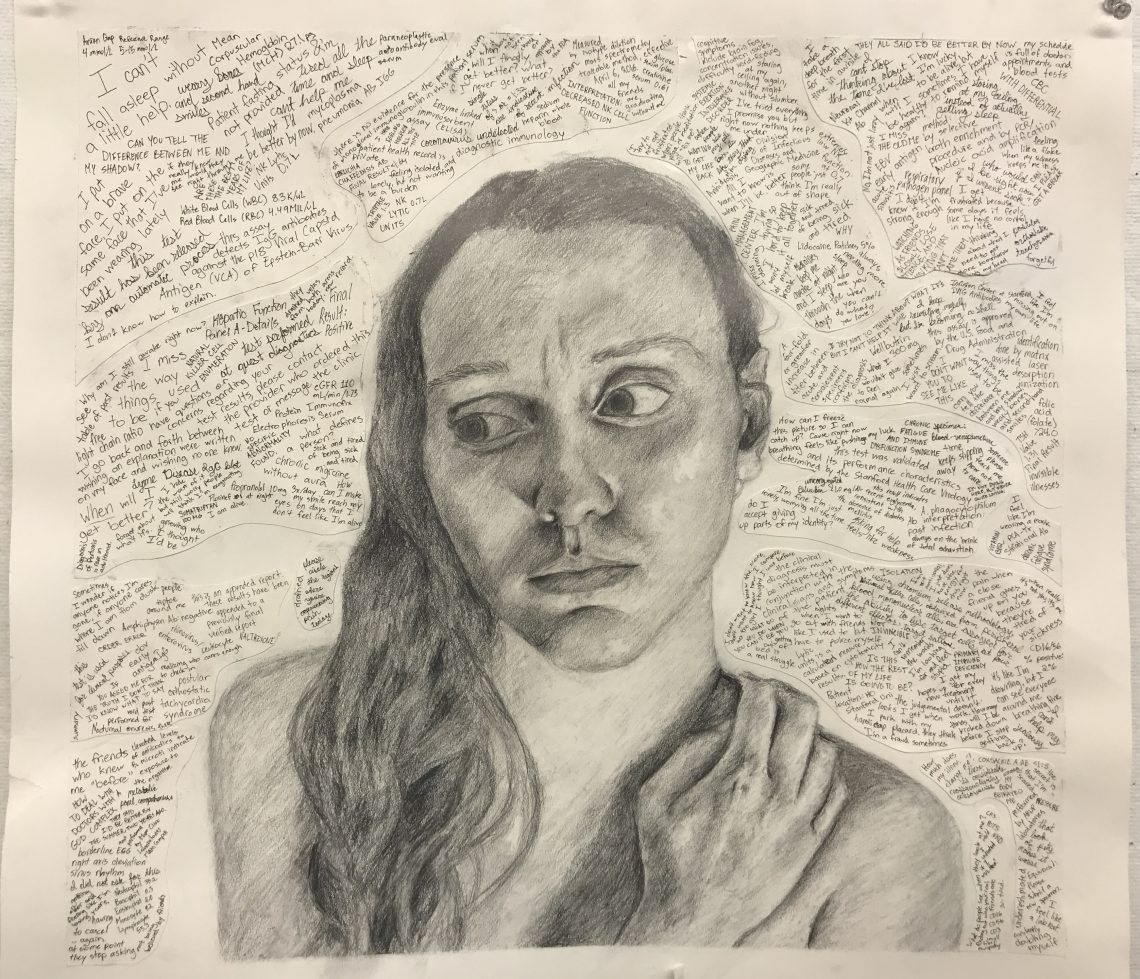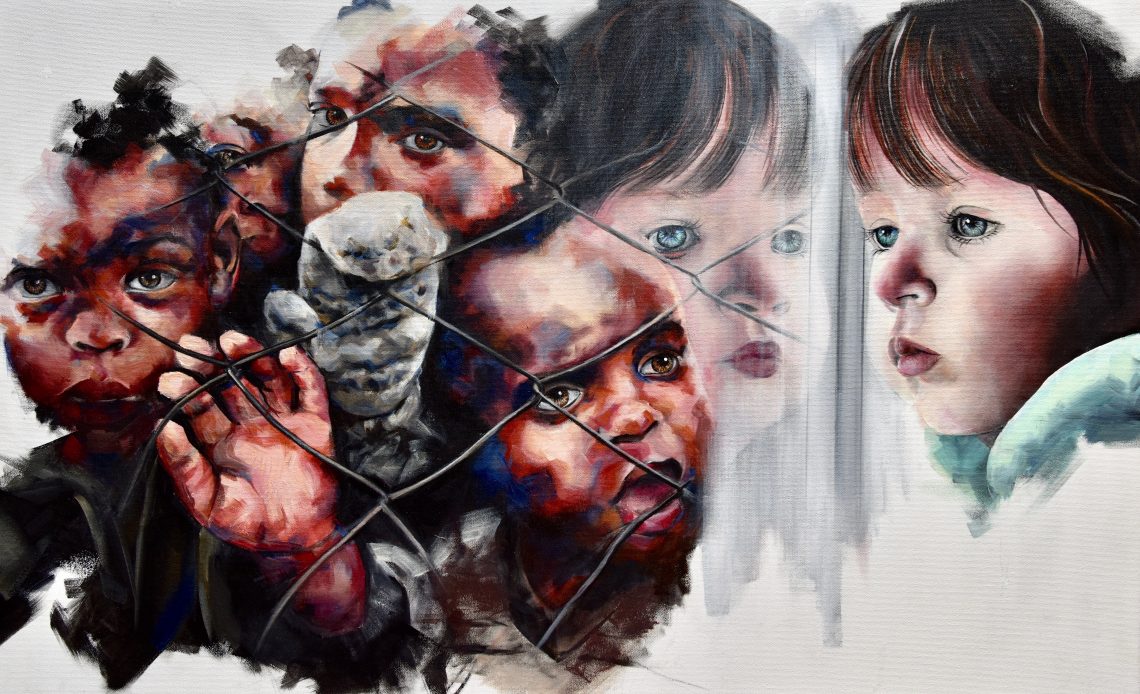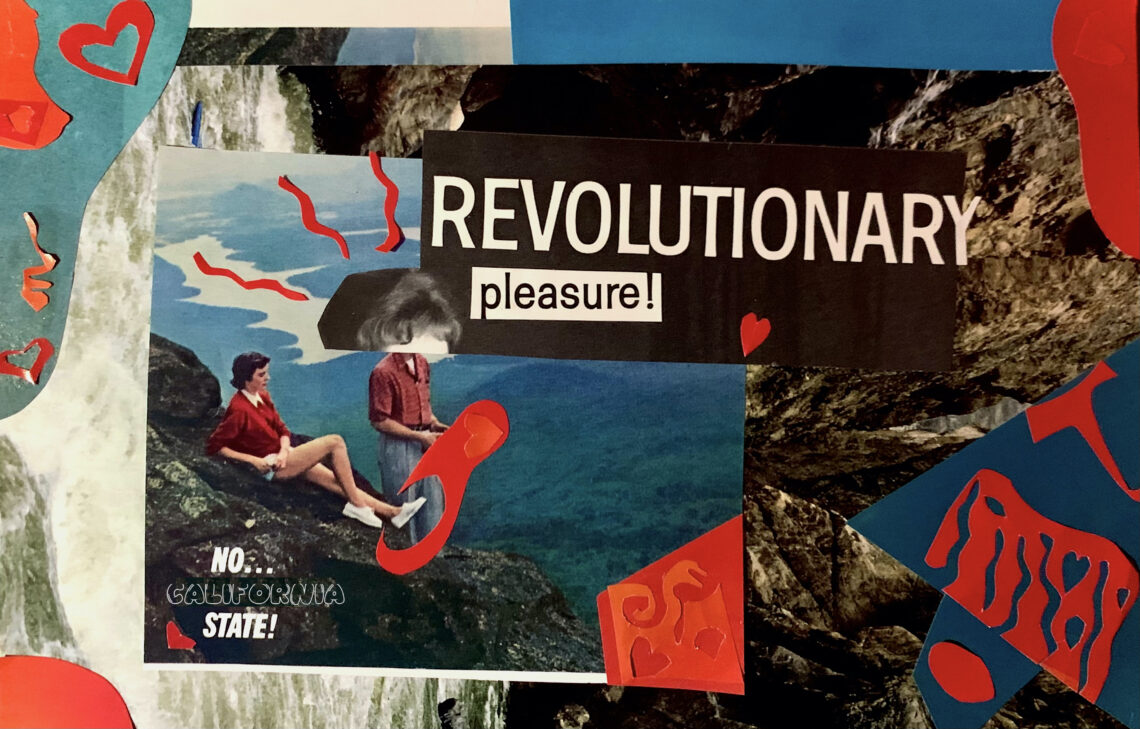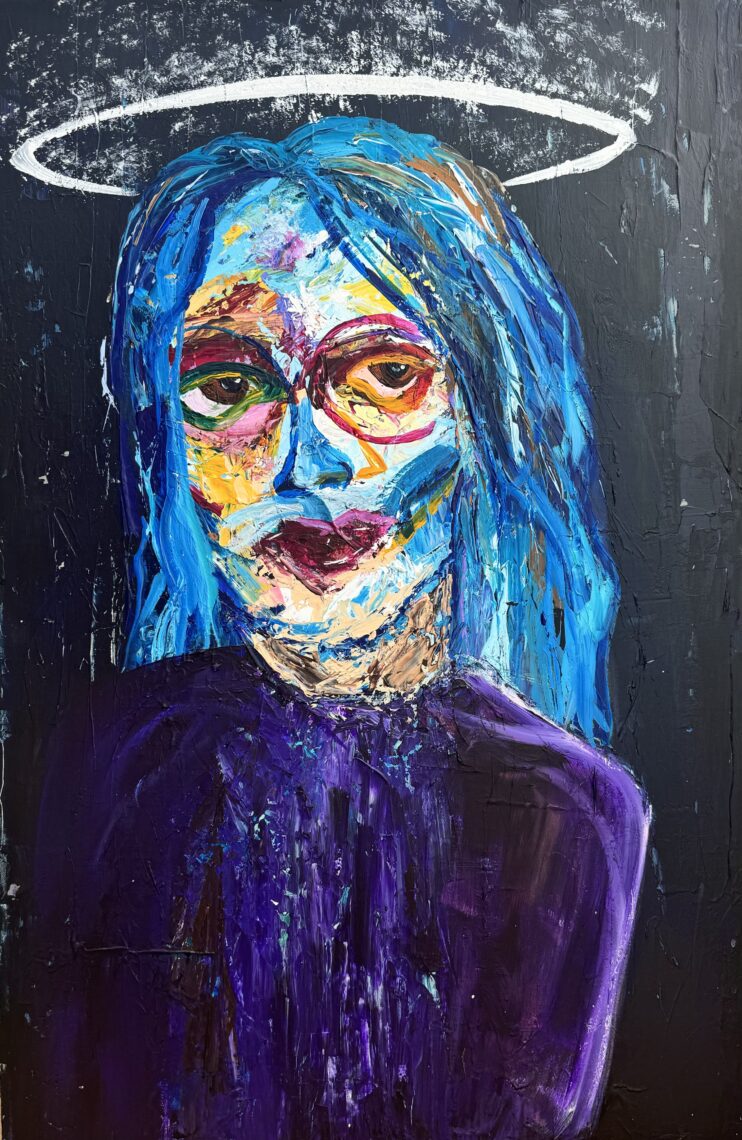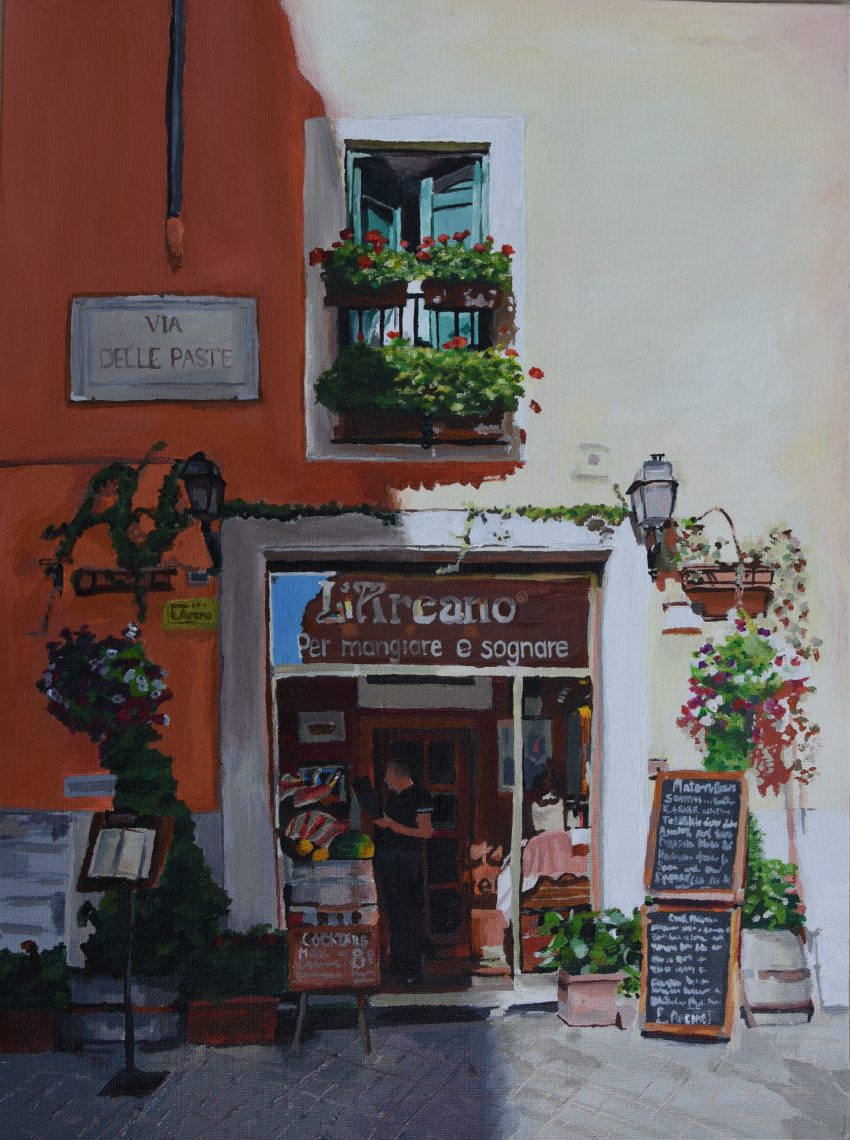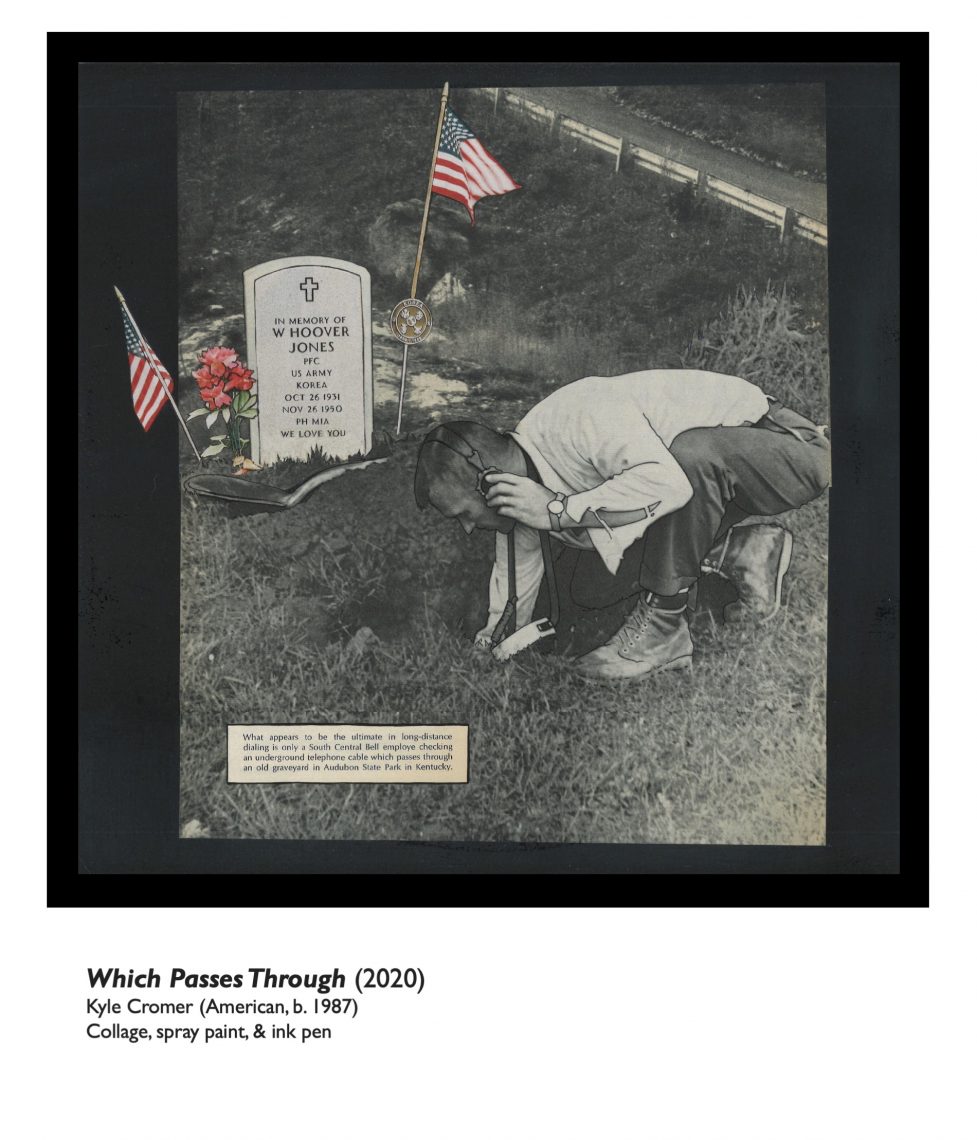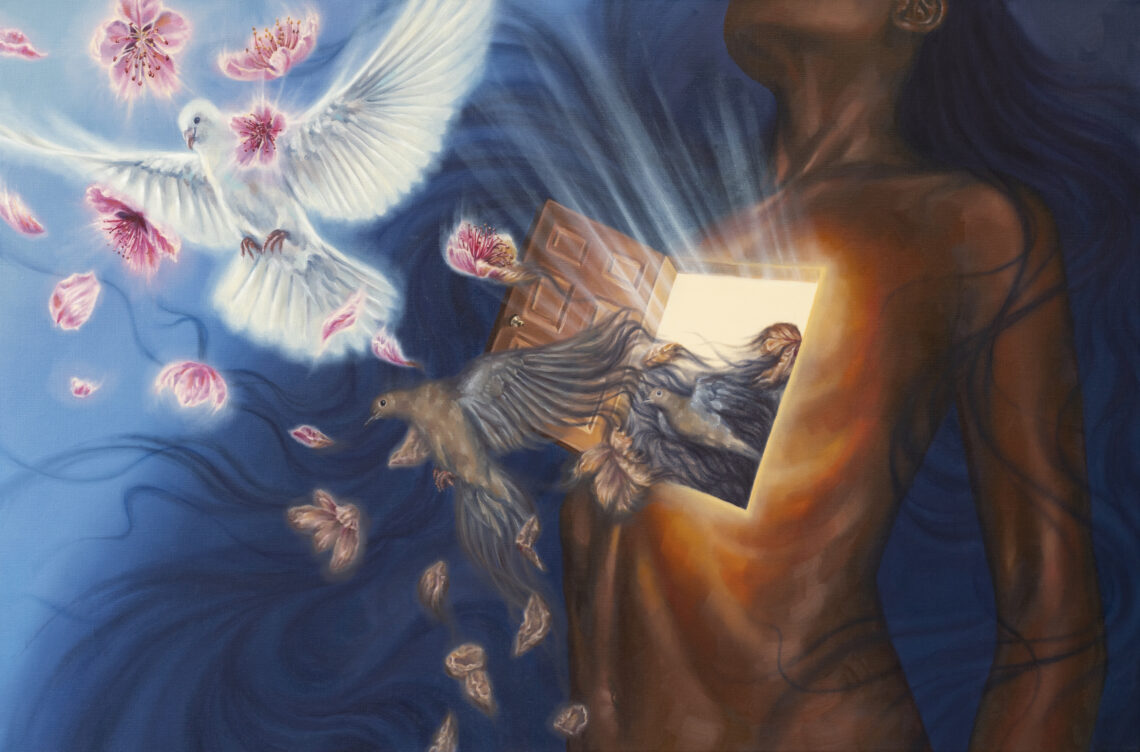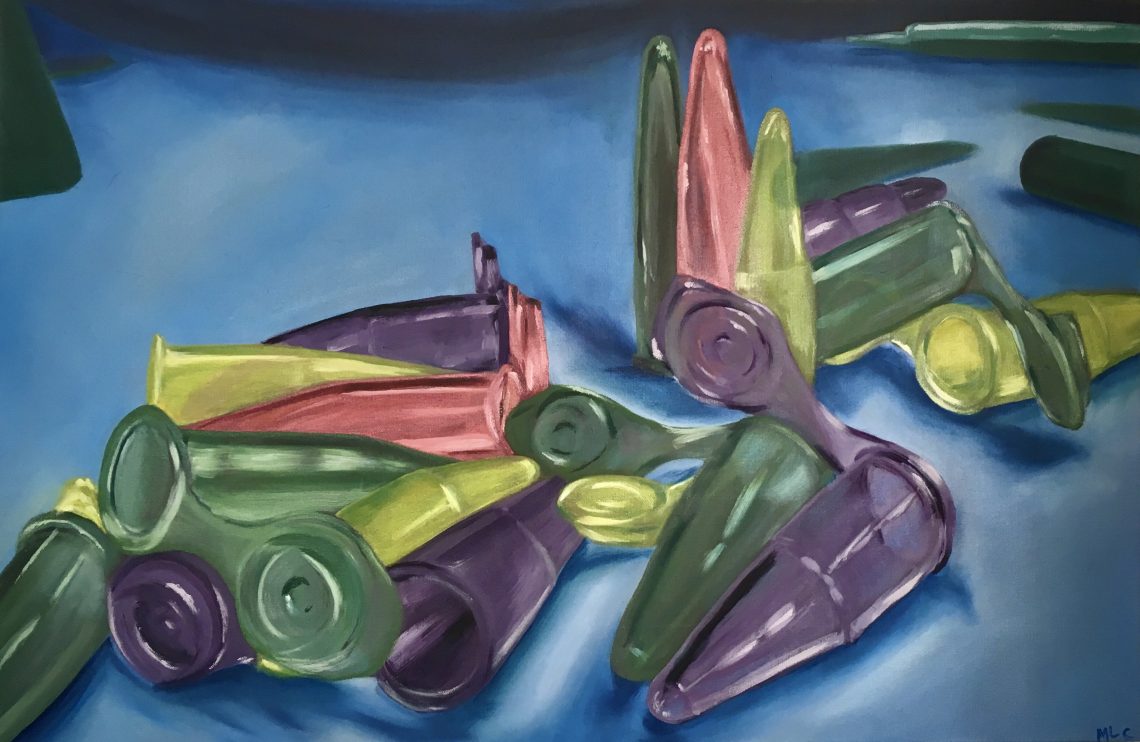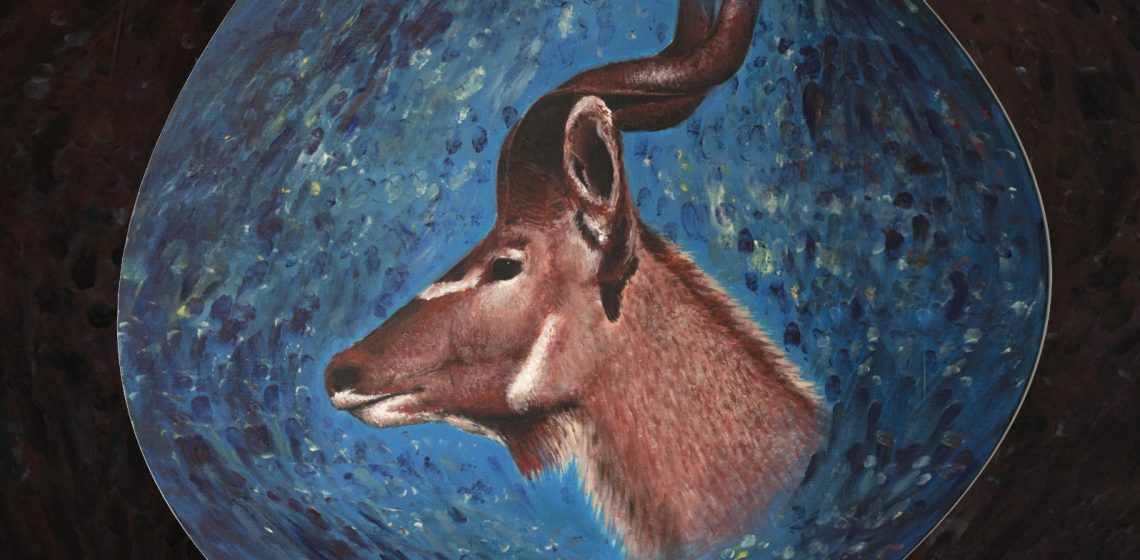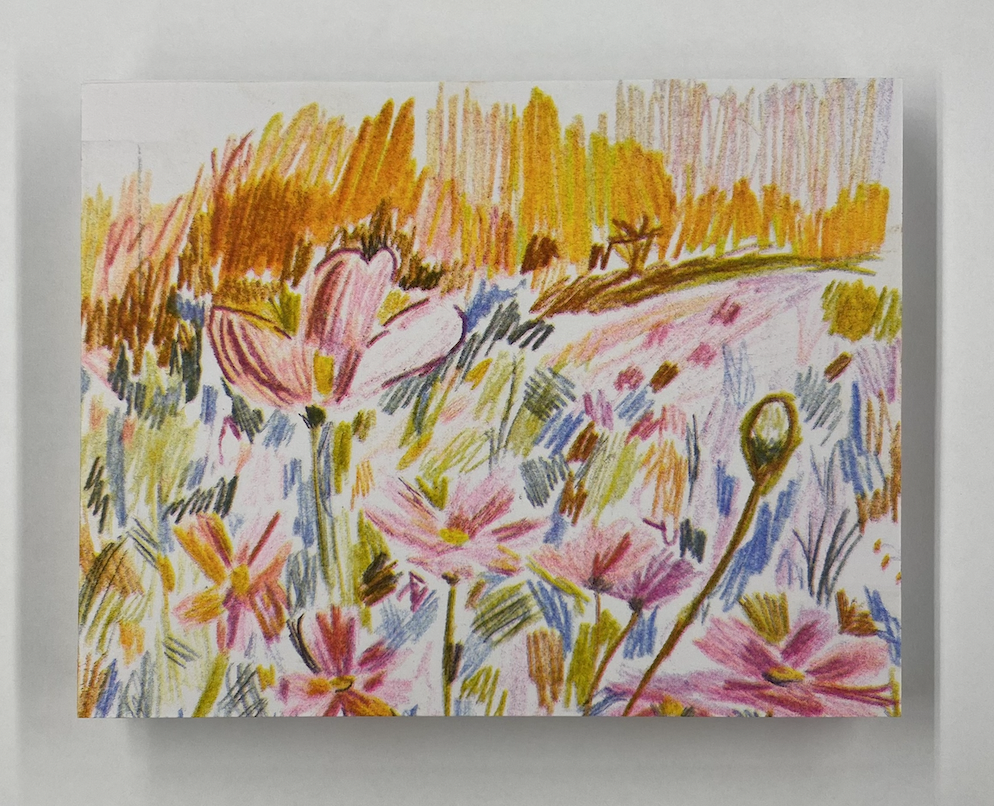 Zach Gross
Zach Gross
TAPS presents Guillermo Gómez-Peña
Guest performance by Guillermo Gómez-Peña on 11/28 has been cancelled.
Guillermo Gómez-Peña is a performance artist, writer, activist, radical pedagogue and director of the performance troupe La Pocha Nostra. Born in Mexico City, he moved to the US in 1978. His performance work and 10 books have contributed to the debates on cultural diversity, border culture and US-Mexico relations. His art work has been presented at over eight hundred venues across the US, Canada, Latin America, Europe, Russia, South Africa and Australia. A MacArthur Fellow, Bessie and American Book Award winner, he is a regular contributor for newspapers and magazines in the US, Mexico, and Europe and a contributing editor to The Drama Review (NYU-MIT). Gómez-Peña is a Senior Fellow in the Hemispheric Institute Institute of performance and Politics and a Patron for the London-based Live Art Development Agency.
In his latest solo-performances, post-Mexican writer and performance artist Gómez-Peña reflects on the post-9/11 era, the current “border wars” and articulates the formidable challenges facing Obama. To this effect, the “border artist extraordinaire” uses acid Chicano humor, hybrid literary genres, multilingualism, and activist theory as subversive strategies. Shifting between languages and personae, “Gómez-Peña bombards audiences with his infamous border savvy techno-ideology, ethno-poetics and radical aesthetics.” In this journey to the geographical and psychological outposts of Chicanismo, Gómez-Peña also reflects on identity, race, sexuality, pop culture, current politics and the impact of new technologies in the post-911 era. He also denounces the anti-immigration hysteria and assaults the demonized construction of the US/Mexican border—a literal and symbolic zone lined with Minute Men, rising nativism, three-ply fences, globalization, and transnational identities.
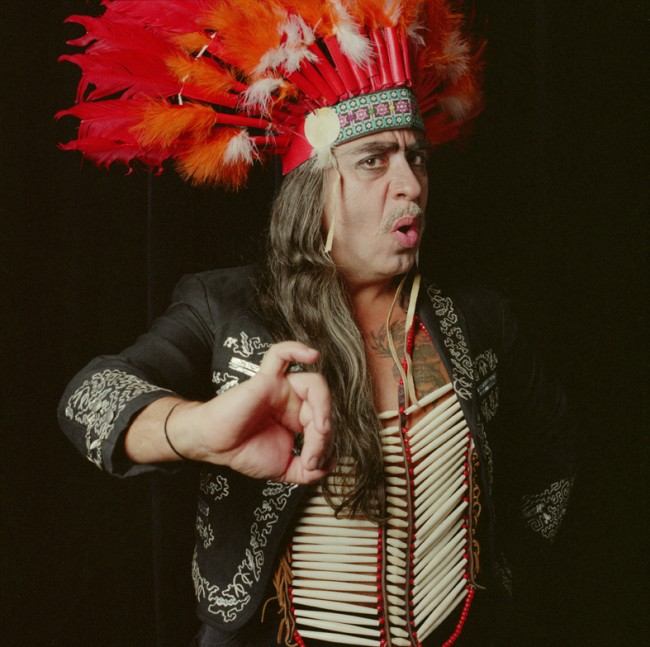
Gómez-Peña continues “to develop multi-centric narratives and performative poetics from a border perspective,” creating what critics have termed at different times “Chicano cyber-punk performances” and “ethno-techno art.” During these performances cultural borders move to the center while the alleged mainstream is pushed to the margins and treated as exotic and unfamiliar, placing the audience members in the position of “foreigners” or “minorities in his performance country.
Gómez-Peña has spent many years developing his unique solo style, “a combination of embodied poetry, performance-activism and theatricalizations of postcolonial theory.” In his ten books, as in his live performances, digital art, videos and photo-performances, he pushes the boundaries still further, exploring what’s left for artists to do in a repressive global culture of censorship, paranoid nationalism and what he terms “the mainstream bizarre.” Gómez-Peña examines where this leaves the critical practice of artists who aim to make tactical, performative interventions into our notions of race, culture and sexuality.


